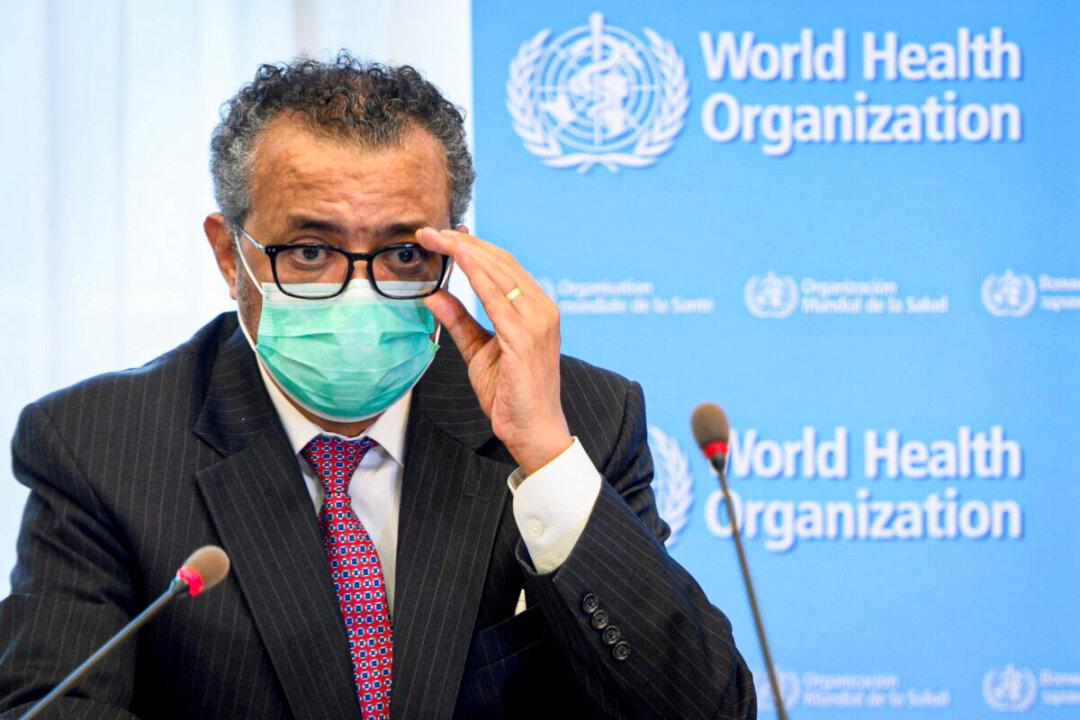The World Health Organization (WHO) on Tuesday said it has finalized a global license deal to ramp up production of a serological technology that detects COVID-19 antibodies, something the agency says will “turn the tide” on the pandemic.
The license will be provided royalty-free to poor and middle-income countries, the WHO announced in a news release, adding that it will remain valid until the date the last patent expires.





